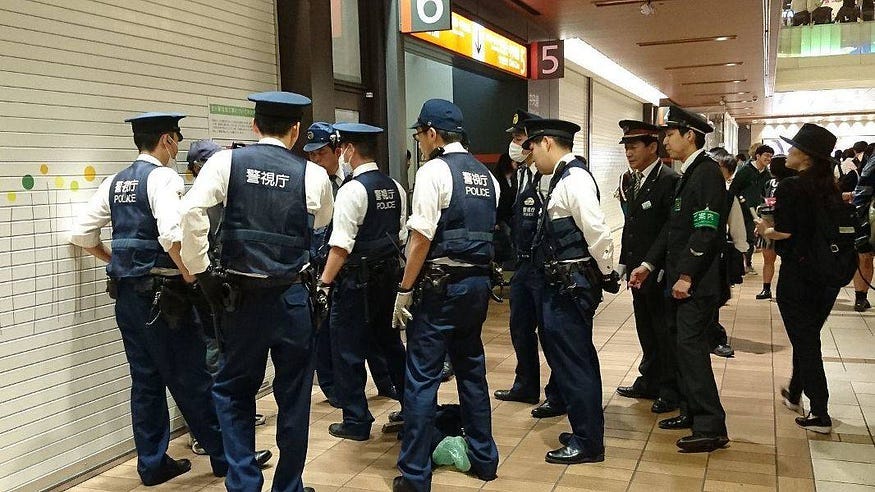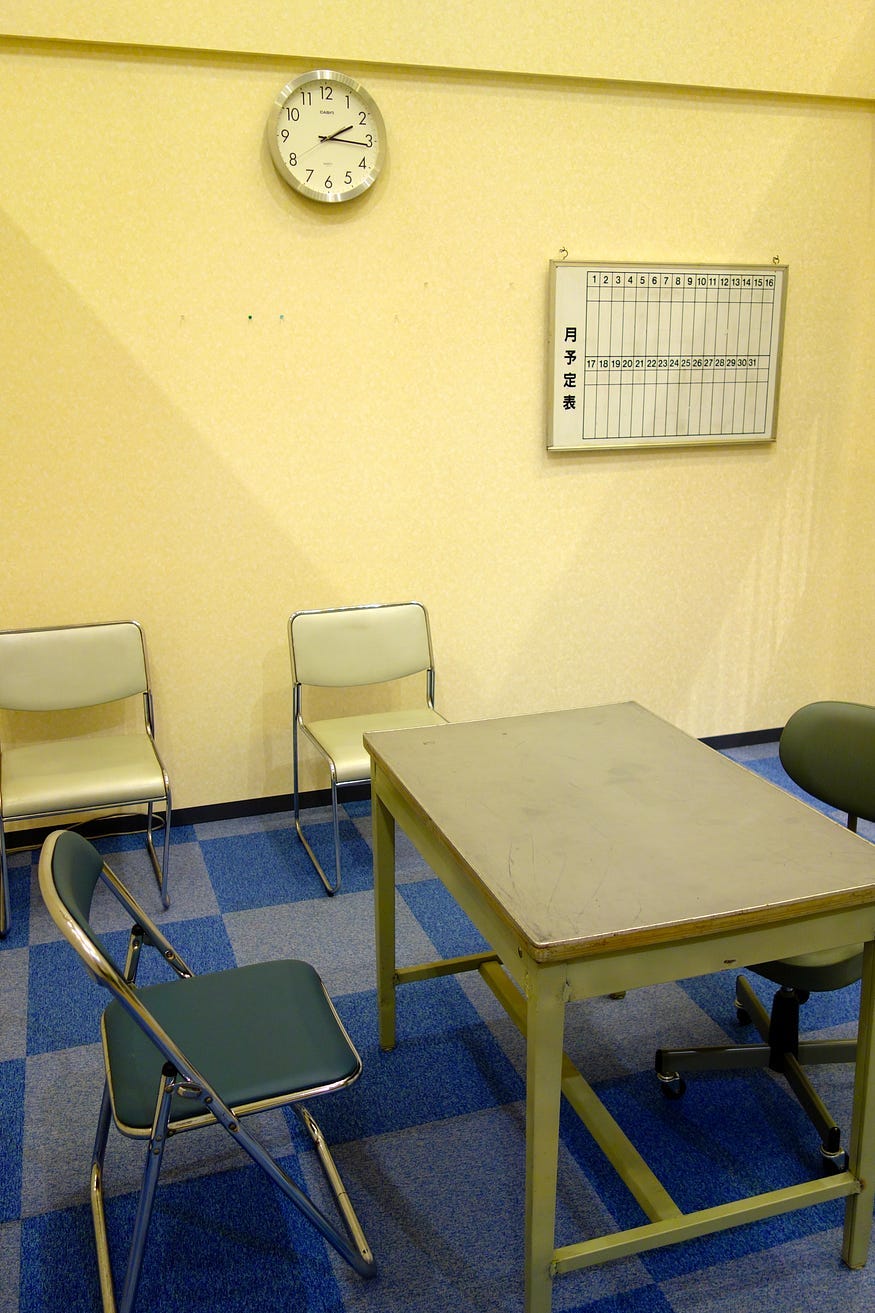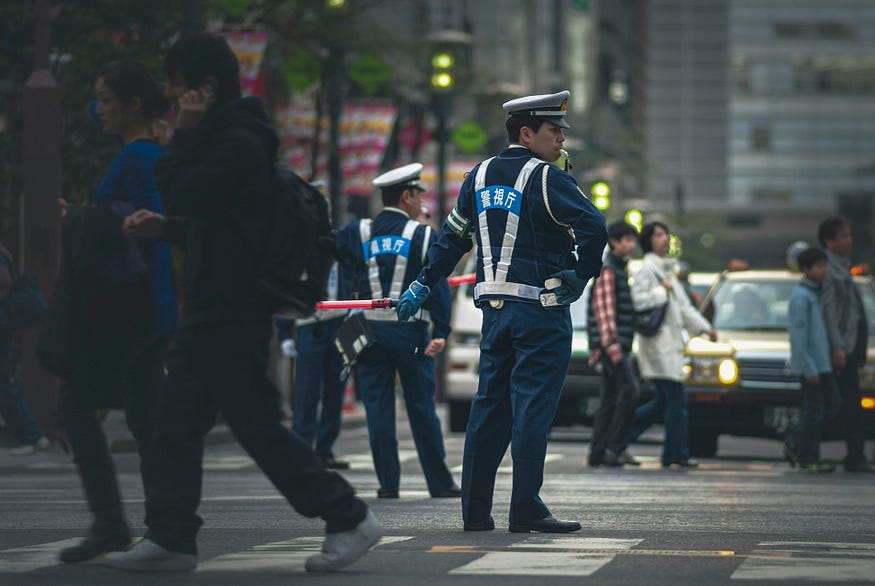
Japan is often lauded as one of the safest countries in the world. Its crime rate, especially for violent crimes, is significantly lower than that of the U.S. and many other countries. However, this level of safety comes at a cost, particularly if you find yourself on the wrong side of the law.
Here’s what you need to know if you ever find yourself in the unfortunate position of being arrested in Japan.
The First 72 Hours: A cruel jolt of culture shock
If you are arrested in Japan, the police can hold you without charges for up to 72 hours.
During this time, they must inform you why you’re being held, and of the following rights: your right to remain silent, your right to hire a lawyer at your own expense, your right to request a court-appointed lawyer, and your right to notify your embassy.
While in custody, expect to follow a strict daily schedule and undergo rigorous interrogations by prosecutors. Unlike in many Western countries, you don’t have any right to have a lawyer present during these interrogations. The Japanese justice system believes that a lawyer’s presence would make it harder to get “the truth.”

From the official Japan Ministry of Justice website:
“Issues including whether to allow the presence of lawyers during interrogation were discussed for nearly three years… experts warned that granting lawyers’ attendance during interrogation would not be supported by crime victims or the Japanese people, who strongly demand that the truth of a case be discovered. As a result, it was decided to continue not to allow lawyers’ attendance during interrogation.”
If the prosecutor decides more investigation of your case is warranted, a judge can extend your custody for up to two additional 10-day periods. This means you could be held for up to 23 days before any charges are filed against you.
The Next 10 or 20 Days: No bail, just jail
If you’re still in custody after the first 72 hours, you’ll likely remain there until your trial. Bail is typically not granted until the trial. You might be allowed to see a lawyer and receive daily 50-minute visits from family members, but your freedom will be severely restricted.
Hostage Justice: Confess or face extended detention
Japan’s system is often referred to as one of “hostage justice.”
The police wield enormous power, which they use to pressure suspects into confessing, even if the suspect is innocent. The longer you remain in custody, the greater your risk of losing your job or family. Many end up confessing simply to escape from prolonged detention.
If you’re arrested for some minor offense and confess, you might get off with a simple warning or a small fine. Insist on your innocence, however, and you might be detained for weeks, months, or even longer. It’s not unheard of for innocent people awaiting trial in Japan to remain in police custody for up to a year or more.

Embassy Assistance: Don’t expect much
While embassy personnel can visit you, provide some emotional comfort and notify your family, their ability to intervene in local legal matters is limited.
What It’s Really Like: One person’s experience
Go here for a detailed first-hand account of one person’s experience with the Japanese justice system.
Conclusion: Know Before You Go
The best way to avoid trouble in Japan — or any foreign country — is to steer clear of legal issues altogether.
Remember… not all countries uphold the same rights and practices you might take for granted at home. In Japan, invocations of your U.S. constitutional rights or those guaranteed by the charters of other countries are a waste of breath.
Travel smart, respect local laws, and stay informed about the legal landscape to ensure a safe and enjoyable trip abroad.
And to help you understand what minor criminal offences are in Japan, you might take a look at the article below.
Japan's Minor Offences Act
Living in Japan is great. It's safe, efficient, and, most importantly, no one is shooting at you. But this peace and security come at a price.




